If you click on a link and make a purchase we may receive a small commission. Read our editorial policy.
How Miles Morales grew from a legacy Spider-Man into his own unique hero
What makes Miles Morales unique as Spider-Man?

Miles Morales was introduced as an echo of an echo. A replacement Spider-Man created in a now defunct alternate universe, throughout his short history as a character, Miles has often been the perfect archetype of a legacy character. There is a lot of Peter Parker in Miles. Their origins rhyme, and, despite their different racial backgrounds and upbringings, they tackle many of the same thematic challenges. The two share a connection that, if left undeveloped, could have left Miles as nothing more than an imitation of Peter with a different skin color.
That connection, however, is indicative of what makes Miles a unique and compelling character in his own right. At the heart of his character, Miles draws strength from his ties to others. As Miles has grown out of the shadow of his predecessor, he has found his own voice by standing with his community rather than apart from it.

Origin Story
Created in 2011, Miles made his debut in Ultimate Fallout #4, in the aftermath of the recent 'Death of Spider-Man' event in the Ultimate universe. Created by longtime Ultimate Spider-Man writer Brian Michael Bendis and artist Sara Pichelli (with additional input and guidance from Axel Alonso, then-editor-in-chief of Marvel Comics), Miles makes comes out of the gate as a seeming copy of the recently deceased Peter Parker. In his first appearance, Miles wears a Spider-Man Halloween costume — his iconic black and red suit would come later — and clumsily does battle against a D-Tier villain named Kangaroo while the witnessing crowd comments that Miles's attire is in terrible taste.
The scene reads as if Marvel is directly addressing critics who questioned the point of introducing a new Spider-Man. Aside from the fact that the scene underscored Miles's inexperience, it doesn't read that differently from a scene starring Peter Parker. It all builds up to a final panel reveal where Miles pulls off his mask, revealing his Afro-Puerto Rican heritage to the reader.
Unfortunately, that was less a 'reveal' than a confirmation of previously reported information. The story revealing Miles and his half-Black, half-Hispanic background first ran in USA Today, and was followed by a storm of praise and outrage of the new character before he had appeared in a single panel. That discourse cycle labelled Miles as an Important Figure in Comics History, saddling his story with a burden of prestige.

Early on, Miles didn't crumple under the weight of those expectations, but he didn't transcend them either. With mostly white creators crafting his voice — co-creator Brian Michael Bendis remained the only writer to write a Miles Morales-led ongoing comic for over 7 years — Miles read more like a kid who happened to be Black than he did like a Black kid. His racial identity remained a secondary characteristic rather than an integrated part of his character.
The de-racialized nature of Miles’s character was also interesting given the direction in which Marvel was beginning to develop. Miles was the bellwether for a wave of characters with diverse backgrounds taking over high-profile superhero mantles, including Kamala Khan as Ms. Marvel, Sam Wilson as Captain America, Jane Foster as Thor, and Amadeus Cho as the Hulk. When Miles was inevitably introduced to the main Marvel continuity, he would become closely tied to all those characters as a member of the Avengers and later the Champions. From the start, however, his closest analogue has been Peter Parker, and the differences and similarities between the two provide the clearest look at what makes Miles unique.
Burdens vs. Bonds
As far as their origin stories go, Peter and Miles have the same jumping off point: after being bitten by a radioactive spider, they find themselves gifted with great power, and, after a fashion, decide to use that power for the greater good. At various times, both have experienced great tragedies: they've had their closest family members die (and some later are resurrected), they've had romantic relationships erased from history, and they've gone toe-to-toe to the death with their own clones.
Though they share those surface similarities, the differences are key. For one, Peter's tragedies are a defining element of his characterization. Many of the most significant moments of his history are deaths: his birth parents, Uncle Ben, Gwen Stacy, Harry Osborn, and on and on. Peter is often written as down-on-his-luck. From his bullied teen years to his later status quo as a photographer just scraping by, Peter is a perpetual underdog. His resilience in the face of struggle is part of what makes him such a compelling hero.
In his early days, Miles seemed destined to join Peter in that cycle. His uncle Aaron, also known as the villainous Prowler, took on a pseudo-Uncle Ben role, dying shortly into Miles's time as a hero. The death of his mother Rio followed soon after, and his father Jefferson, unable to cope with the reveal of his son's secret identity, disappeared for a time. It was not long, however, before those connections were repaired, with Jefferson returning and both Rio and Aaron resurrected. Nowadays, Miles has a strong support system and is popular amongst his peers and his community.
Perhaps the clearest point of delineation is that in Peter's typical status quo, his identity is secret from nearly everyone in his life, even many of the superheroes he is closest to. "No one can know my secret because it puts them at risk" is a mindset that plays out in many Peter Parker stories, from the frequent punching bag of the One More Day storyline to the recent MCU film Spider-Man: No Way Home.
Miles, however, tends to take the opposite approach. In the comics, he reveals his identity to both of his parents and several of his friends within a few years of his introduction and expands his trusted inner circle to include many of his allies. His biggest on-screen appearance, in Spider-Man: Into the Spider-Verse, is all about Miles figuring out his own identity with the help of a team of Spiders from across the multiverse.
Despite his "Friendly Neighborhood" moniker, Peter often chooses to stand apart from his family and friends in order to protect them. Miles is a Spider-Man who fully embodies that title, drawing strength from allyship and comradery. He is a hero that embraces solidarity.
A Voice of the Community

When the Ultimate Comics line ended, Miles was set to join the main continuity. Despite Miles's popularity with fans, there was some question at the time about how well Miles would fit with Marvel's line and some resistance from a subset of fans who saw no room for both Miles and Peter. However, the move allowed Miles to forge connections with the larger Marvel universe, weaving a wider web of support for himself.
Miles has been a member of many superhero teams and has taken part in a large number of Marvel's line-wide crossover events since crossing over to universe 616. Between his time on the Avengers, his consistent membership with the Champions, and his frequent team-ups with the other Spiders, there are few Marvel characters — even among Marvel's most recognizable icons — with so many close ties to other heroes. The strong bonds Miles develops with those around him defines him as someone reliable, empathetic, and humble, a powerful hero who isn't afraid to ask for help.
As Miles has come into his own as a character and entered a larger tier of public awareness thanks to his Oscar-winning movie and his best-selling, critically-acclaimed video game, Miles's compassionate, collaborative nature has only become more prominent. In the current ongoing Miles Morales: Spider-Man from Saladin Ahmed and Javier Garrón, Miles is frequently depicted leaning on his friends, his fellow young heroes, and his parents — who both now know his secret identity — for support.
In Spider-Man: Into the Spider-Verse, the climactic battle does not see Miles triumphing over the Kingpin alone, but rather features Miles mastering his skills enough to team up with the other Spiders to collaboratively save the day. In Marvel's Spider-Man: Miles Morales — spoiler warning if you've yet to finish it — Miles spends the game saving citizens around his community and is rewarded when they promise to keep his identity secret after he is unmasked during the game's finale.

Miles' voice has become more identifiably Black as more creators have had a hand in defining his story across all mediums, but the more prominent shift in his characterization has been in him picking up cultural signifiers that tie him to his neighborhood. There are no design elements to Peter's costume that mark him as anything other than a man bitten by a radioactive spider, prioritizing the webbed pattern over anything specific to his identity. Miles, by contrast, began with a costume that emphasized his blackness and has had costume updates that emphasized his connections to street art (in Spider-Man: Into the Spider-Verse) and streetwear (in Miles Morales: Spider-Man). His designs, as well as his frequent connections to hip hop and rap across his adaptations, aren't simply elements of authentic representation, but rather pieces of iconography that identify him as someone who lives in — and loves — his community.
The classic Spider-Man mantra is that with great power comes great responsibility. Peter Parker has always taken that as a creed to use his power to keep fighting for what's right, no matter how hard the battle may be. Miles Morales takes that phrase and flips the emphasis, interrogating who that responsibility is to. He stands not just as a hero, but as a part of a team — not just as a token representative of his community, but as a member of it. What makes Miles uniquely compelling as a hero is that his power comes not from his internal, superior self, but from the voices and support of the collective.
To read about another 'legacy' character who became an icon, check out Popverse's breakdown on how Jane Foster became the Mighty Thor.
Follow Popverse for upcoming event coverage and news
Find out how we conduct our review by reading our review policy
Let Popverse be your tour guide through the wilderness of pop culture
Sign in and let us help you find your new favorite thing.



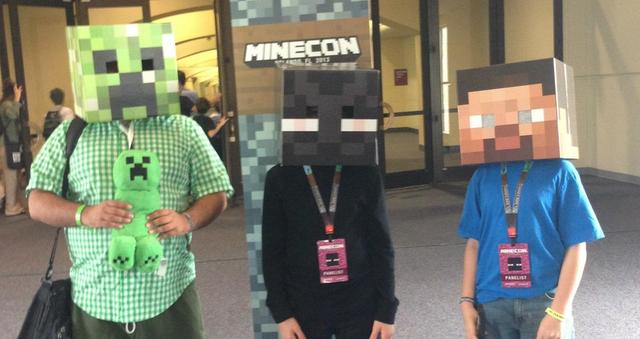
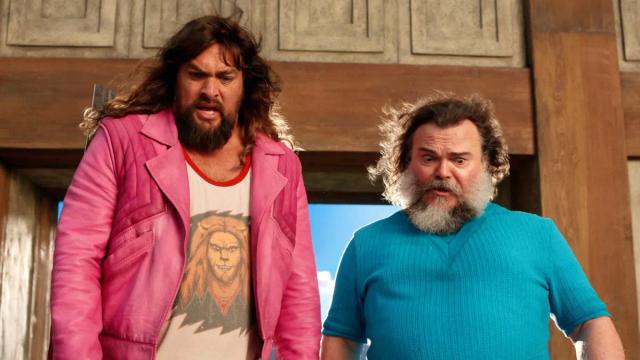
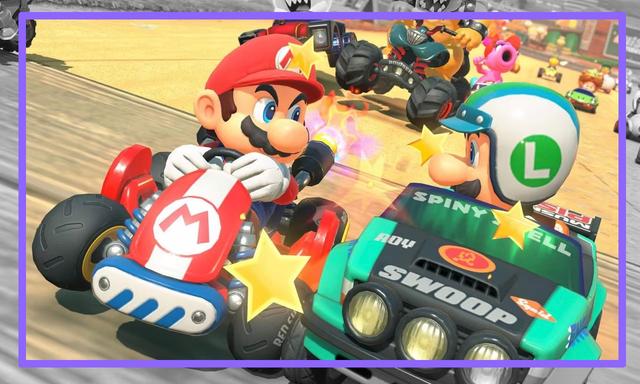

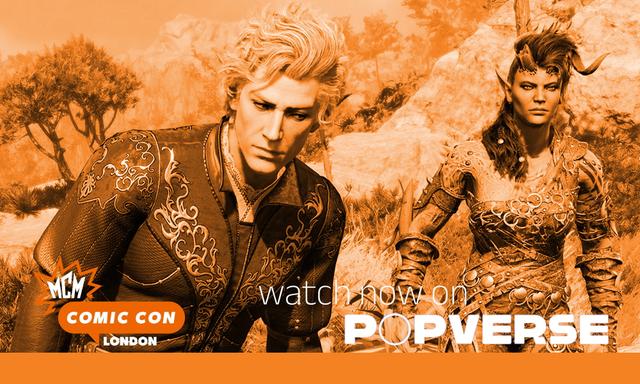

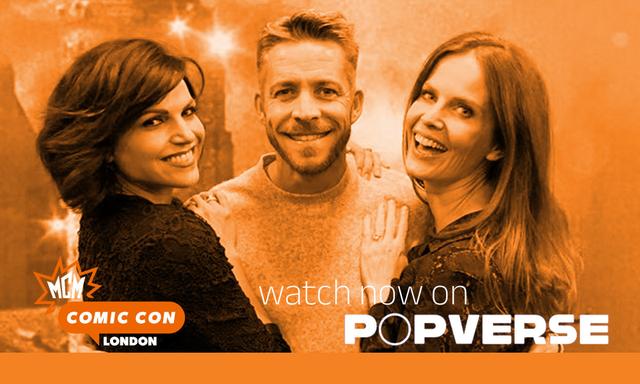






Comments
Want to join the discussion? Please activate your account first.
Visit Reedpop ID if you need to resend the confirmation email.